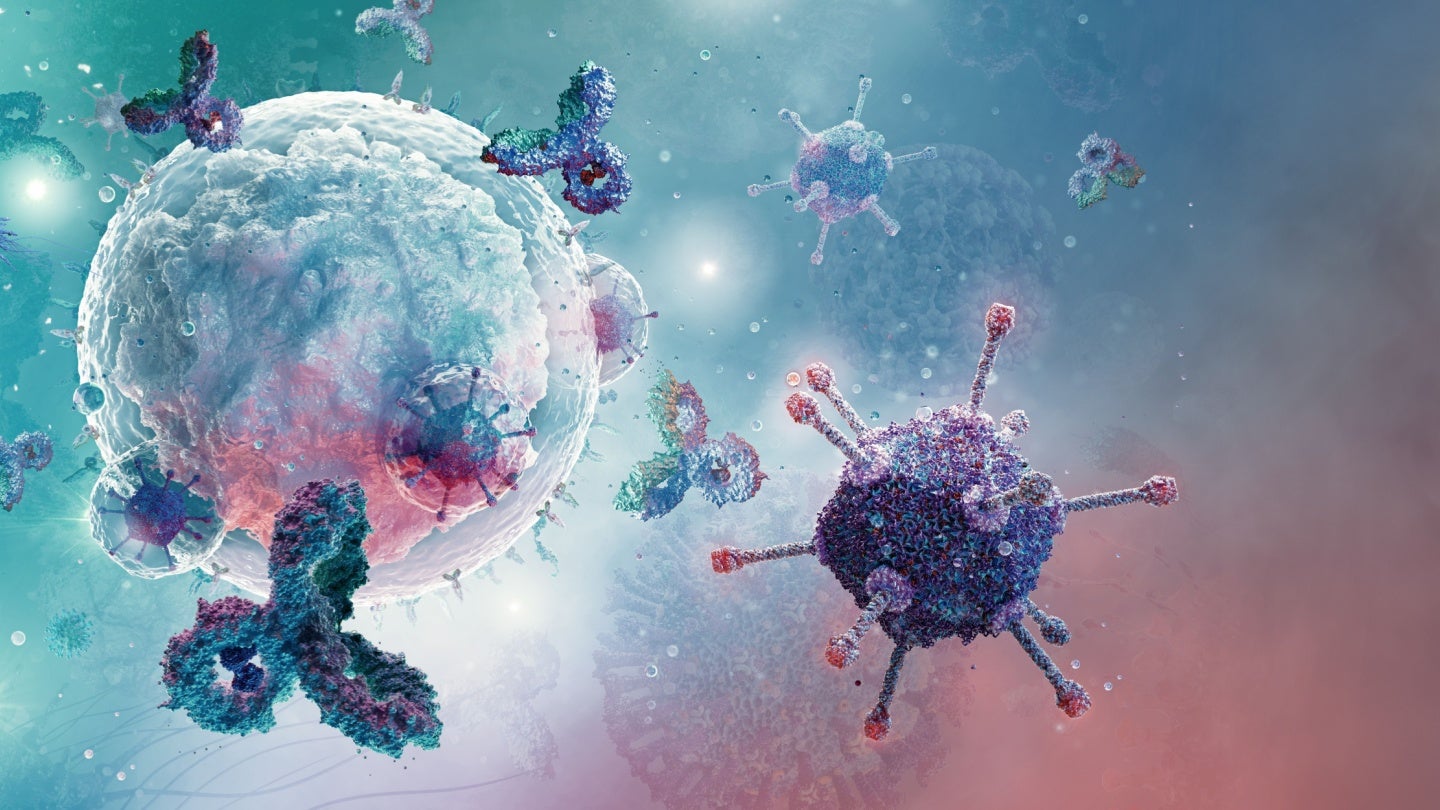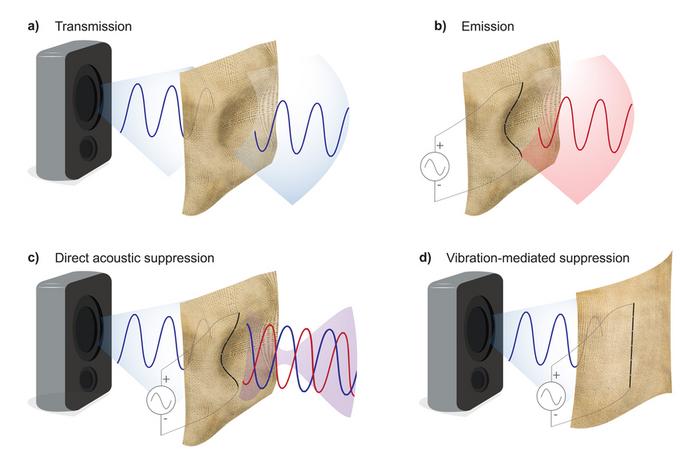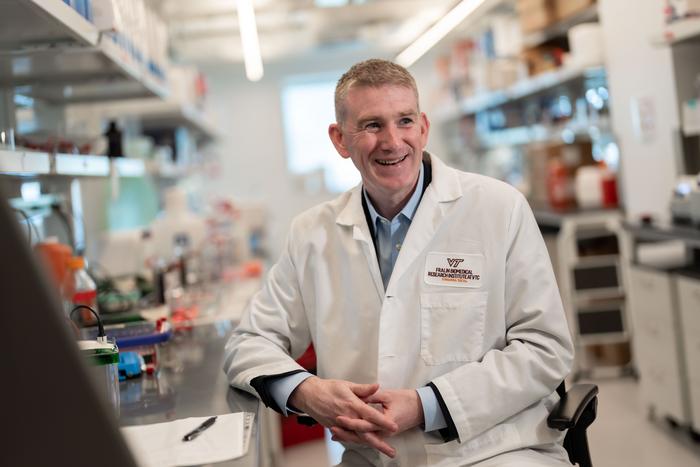Historic Milestone: First Successful Birth Achieved Through Fully Automated Remote ICSI System
In a groundbreaking advancement in reproductive technology, the world’s first baby has been born through a fully automated and digitally controlled intracytoplasmic sperm injection (ICSI) system. This momentous achievement highlights the evolution of assisted reproductive techniques, building upon the traditional methods that have defined fertility treatments for decades. ICSI, a procedure that gained prominence in […]


In a groundbreaking advancement in reproductive technology, the world’s first baby has been born through a fully automated and digitally controlled intracytoplasmic sperm injection (ICSI) system. This momentous achievement highlights the evolution of assisted reproductive techniques, building upon the traditional methods that have defined fertility treatments for decades. ICSI, a procedure that gained prominence in the 1990s, involves the injection of a single sperm directly into a mature egg to facilitate fertilization, and it has become a cornerstone of assisted reproduction worldwide.
A multidisciplinary team from Conceivable Life Sciences in New York and Guadalajara, Mexico, led this pioneering effort. Dr. Jacques Cohen, a prominent embryologist, alongside Chief Medical Officer Dr. Alejandro Chavez-Badiola and Lead Engineer Professor Gerardo Mendizabal-Ruiz, played a crucial role in developing the automated ICSI system. Their work was conducted at Hope IVF Mexico in Guadalajara, under the guidance of a review board, as part of an exploratory investigation focused on automating various processes in the fertility laboratory.
The newly developed ICSI system is noteworthy for its capability to perform all 23 steps of the standard ICSI procedure autonomously, with the option for remote operators to intervene if necessary. Traditionally, skilled embryologists perform manual ICSI procedures, but variations in technique and outcomes between practitioners prompted the need for a more standardized approach. Dr. Cohen emphasizes that the automation of the ICSI process presents an opportunity to enhance precision, improve operational efficiency, and mitigate human error, resulting in more consistent outcomes for patients undergoing fertility treatments.
The automated ICSI workstation functions through either artificial intelligence (AI) control or direct input from a remote operator. Notably, the development of this system not only improves consistency but also holds potential benefits for egg survival rates and timing during the injection process. AI has already transformed aspects of in vitro fertilization (IVF) by refining sperm and egg selection, thereby optimizing the fertilization process.
In its application, the automated system employs AI technology to accurately position the sperm within the injection pipette and execute the microinjection into the egg. According to Professor Mendizabal-Ruiz, this sophisticated mechanism allows for precise immobilization of the sperm, enhancing the speed and accuracy of the procedure beyond human capability. The significance of this technological advancement cannot be overstated; as it embodies the intersection of biology and engineering, ultimately aiming to improve the outcomes of assisted reproduction.
The achievement of the first live birth using this innovative system occurred under unique circumstances. A 40-year-old woman, seeking treatment with donor eggs at Hope IVF Mexico, had previously experienced an unsuccessful IVF attempt, yielding only one mature egg without embryos. During this latest cycle, five eggs were subjected to the automated ICSI procedure, while three were fertilized using standard manual techniques to serve as a control group. The remote operational capabilities of the automated system facilitated commands issued by operators located in both Guadalajara and New York, allowing precise execution of each microinjection step from a distance.
Remarkably, the entire procedure averaged just under ten minutes per egg, which, although longer than typical manual ICSI due to its experimental nature, shows promise for future efficiency improvements. From the five eggs fertilized with the automated ICSI, four achieved normal fertilization rates. Among the three eggs from the manual group, all were successfully fertilized. A particularly notable event involved a high-quality blastocyst created via the automated process, directed from New York, indicating the viability of conducting these complex procedures from considerable distances.
Following the successful development of the blastocyst through culture, the embryo underwent a subsequent cycle where it was vitrified, thawed, and transferred. This transfer culminated in the establishment of a healthy pregnancy, resulting in the birth of a male baby. This pivotal moment reinforces the growing body of evidence supporting the efficacy of automated systems in reproductive health, raising hopes for enhanced protocols in IVF practices worldwide.
Dr. Chavez-Badiola, reflecting on the implications of this development, underscores that the ICSI system marks a historic leap in reproductive technology. By automating each step of the microinjection process and integrating AI for sperm selection and handling, the feasibility and potential of automated ICSI present exciting prospects for the future of fertility treatments. However, Dr. Chavez-Badiola acknowledges that further assessments will be critical to validate the system’s performance and usability across a larger cohort of patients.
Automation has already established its presence in various aspects of IVF, including embryo culture where time-lapse imaging and AI-assisted monitoring are employed to track developmental progress and predict outcomes. Furthermore, automated solutions are gaining traction in the cryopreservation of gametes and embryos, ensuring that storage and retrieval processes are conducted with precision and efficiency. This latest innovation in ICSI serves as a natural progression in the evolution of reproductive technologies, emphasizing the potential for continued advancements in the field of assisted reproduction.
The implications of this technology extend beyond individualized patient care, revealing a broader shift toward integrating AI and automation into healthcare systems. As this study illustrates, the convergence of human expertise and machine precision positions us on the brink of a new era in embryology, where the automation of reproductive processes may soon become routine practice, enhancing accessibility to effective fertility treatments for individuals worldwide.
In conclusion, the birth of the first baby conceived through an automated, remotely regulated ICSI system is not just a landmark achievement in reproductive science but a beacon of hope for couples facing infertility struggles. This leap toward a more sophisticated and efficient approach to assisted reproduction will undoubtedly lead to improved experiences and outcomes for many families in the years to come.
Subject of Research: Human embryos
Article Title: A digitally controlled, remotely operated intracytoplasmic sperm injection system: The first live birth
News Publication Date: 10-April-2025
Web References: Reproductive Biomedicine Online
References: Mendizabal-Ruiz G, Chavez-Badiola A, Hernadez-Morale E, et al. A digitally controlled, remotely operated intracytoplasmic sperm injection system: The first live birth. Reprod Biomed Online 2025; doi:10.1016/j.rbmo.2025.104943.
Image Credits: Conceivable Life Sciences
Tags: advancements in reproductive technologyassisted reproductive techniques evolutionautomated ICSI technologyConceivable Life SciencesDr. Jacques Cohen contributionsembryology innovationsfully automated fertility systemsfuture of fertility treatmentsHope IVF Mexicoremote fertility treatmentsremote intervention in ICSIsuccessful ICSI birth
What's Your Reaction?


































